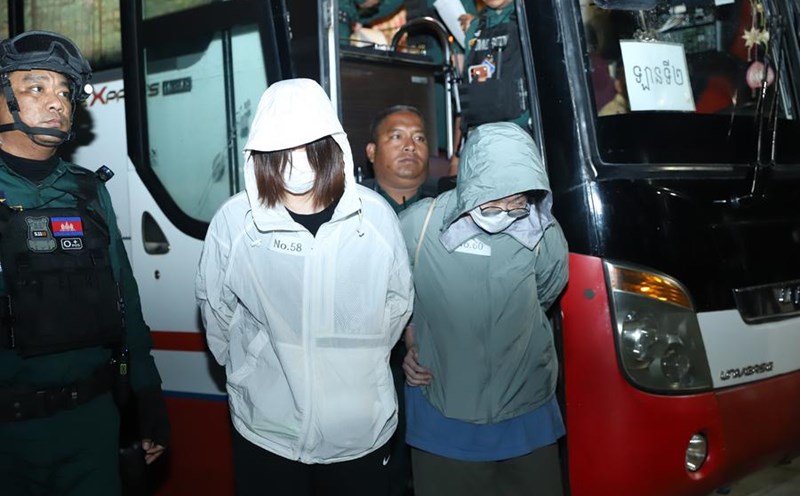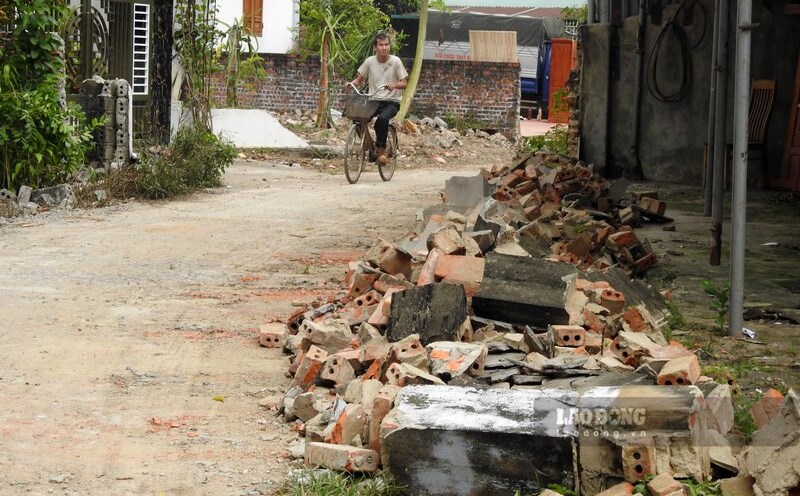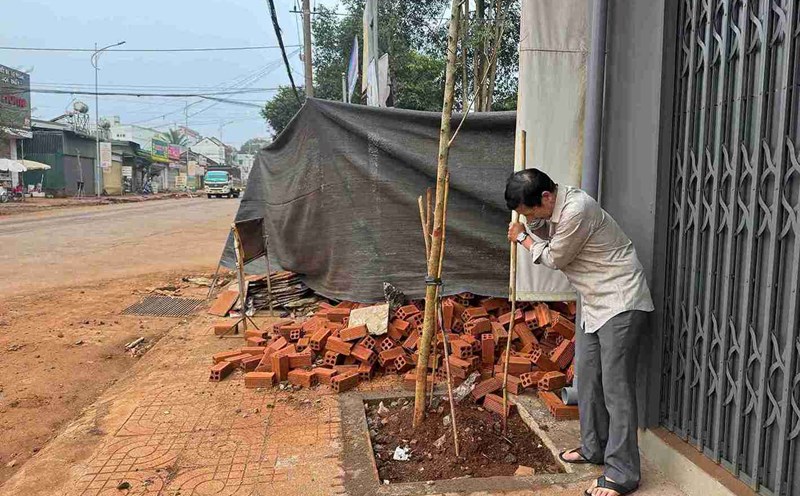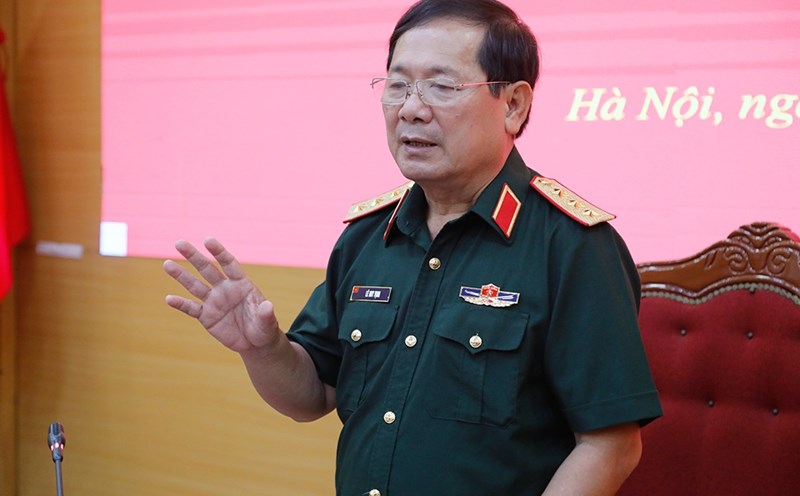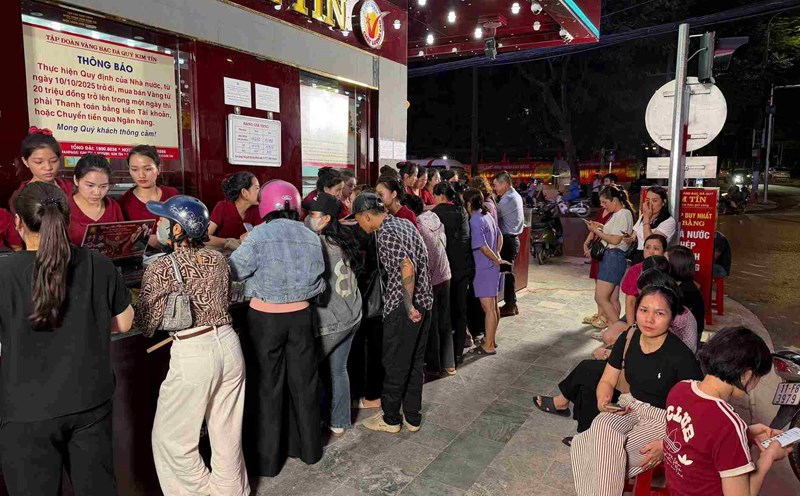It is especially because the armed wing led by Mr. Sharaa has overthrown the regime of President Bashir al-Assad in Syria, which he and Mr. Assad have been supported by Russia for many years both politically and military. Mr Assad himself and his family are currently granted political asylum in Russia. Russia still has two military bases and military forces stationed in Syria.
According to conventional thinking, after overthrowing Mr. Assad's regime, Mr. Sharaa's regime will not allow Russia to continue to maintain its military base and direct military presence in Syria, especially after the US and many EU and NATO members seek to take advantage of and lure the new regime in Syria to their side. US President Donald Trump has even met in person with Mr. Sharaa and will abandon sanctions against Syria.
The political change in Syria creates a new situation and situation in world geopolitics as well as regional security and stability. The two biggest challenges to Mr. Sharaa's continued existence in Syria are the threat and challenge from Israel to Syria's security, sovereignty and territorial integrity and the risk of civil war between ethnic groups and religions, between political and armed factions within Syria.
Mr. Sharaa is aware that, in order to maintain power in Syria, it is necessary to conduct reconciliation and national harmony with all external partners, balance relations and play a cards. Therefore, this person has only gone to Russia, and has just declared that when he is in Russia, he respects all agreements that the previous administration had signed with Russia.
Therefore, Mr. Sharaa only mentioned and did not resolutely demand Russia to extradite Mr. Assad to Syria for the new regime, nor did he request Russia to completely end its direct military presence in Syria.
Russia also chose a similar approach. When it first entered Syria, Russia was forced to adjust its interests, orient policy and redefine the nature of bilateral relations. The need of Mr. Sharaa's government to gain support from Russia and restructure bilateral relations has created an opportunity for Russia to maintain its role, position and influence in Syria as well as in the region. Thanks to that, Russia continues to have a " foot" and "part" in the geopolitical influence competition in Syria even when Mr. Assad's regime is overthrown.
Therefore, Russia and Mr. Sharaa took advantage of this visit to jointly build a new bilateral situation, thereby creating a foundation for each side to expand relations with relevant or interested external partners in the "new era" in Syria.
However, this was both a sensitive and not easy step for both of them. Russia has been a close ally of the Assad regime for many years, while Mr. Sharaa must normalize the new regime's relations with the US and Western countries, while still being vigilant against Israel.
In addition, Russia is mired in conflict in Ukraine and is under confrontation pressure from the US, EU, NATO and Ukraine's allies. The Middle East is affected by the ceasefire agreement between Hamas and Israel. In that context, starting a new phase of bilateral relations between Russia and Syria is the right choice and brings the most practical benefits to both sides.




